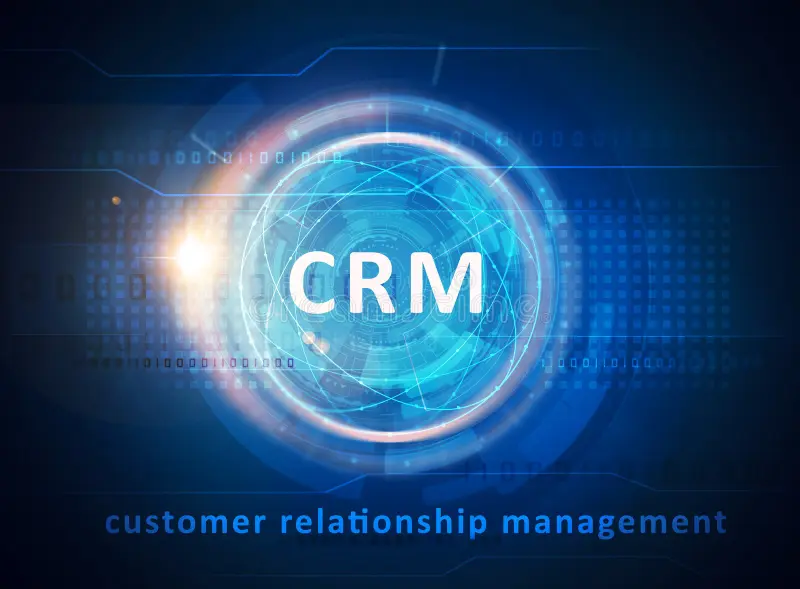Tech
Empowering Customer Relationships: The Role of CRM Software

In an increasingly customer-centric world, businesses are constantly seeking ways to nurture and strengthen their relationships with clients. To achieve this, they often turn to CRM software, a powerful tool that plays a pivotal role in managing customer interactions, streamlining sales processes, and improving overall customer satisfaction. In this article, we’ll explore the significance of CRM software, its benefits, and its transformative impact on businesses of all sizes.
Understanding CRM Software
CRM, which stands for Customer Relationship Management, refers to both a strategy and a technology. CRM software is the technological aspect, designed to facilitate the implementation of a comprehensive customer relationship management strategy. It acts as a central hub for storing and managing critical customer data, communication history, and interactions.
The Functions of CRM Software
CRM software offers a wide array of functions that empower businesses to engage with customers more effectively:
Contact Management: CRM software centralizes contact information, allowing businesses to maintain a database of customer and lead details.
Interaction Tracking: It records all interactions with customers, from phone calls and emails to in-person meetings, creating a comprehensive communication history.
Sales Pipeline Management: CRM software helps businesses manage sales processes, from lead generation to conversion, by tracking opportunities and automating workflows.
Marketing Automation: Many CRM solutions include marketing features that enable businesses to create and manage marketing campaigns, track leads, and measure campaign success.
Analytics and Reporting: CRM software provides valuable insights through analytics and reporting tools, allowing businesses to make data-driven decisions.
Customer Support: Some CRM systems incorporate customer support features, helping businesses manage inquiries, complaints, and service requests.
The Benefits of CRM Software
The adoption of CRM software offers several key advantages for businesses:
Enhanced Customer Relationships: CRM software enables businesses to build and maintain strong, personalized relationships with customers, leading to increased customer satisfaction and loyalty.
Improved Sales: By streamlining the sales process and automating tasks, CRM software can boost sales efficiency and effectiveness.
Data Centralization: Centralized customer data ensures that everyone in the organization has access to up-to-date information, reducing data redundancy and improving collaboration.
Data Analysis: CRM software provides businesses with valuable insights that can inform marketing strategies, product development, and customer service improvements.
Efficiency: Automation of routine tasks and workflows increases operational efficiency, freeing up employees to focus on higher-value activities.
Scalability: CRM software can grow with the business, accommodating changes in the customer base and sales volume.
CRM Software in Action
To understand the transformative impact of CRM software, consider a scenario where a small e-commerce business adopts a CRM solution. Prior to implementing CRM, the business struggled with managing customer inquiries, tracking sales leads, and analyzing customer preferences. Communication with customers was inconsistent, leading to missed opportunities for sales and suboptimal customer service.
With CRM software in place, the business centralizes its customer data, including contact details, purchase history, and communication logs. When a customer contacts them with a question, the support team can access the customer’s profile, review past interactions, and provide personalized assistance. This improves the customer experience and builds trust.
Moreover, the sales team uses the CRM to track potential leads and automate follow-ups. Automated reminders ensure that leads are nurtured effectively, increasing the conversion rate. Additionally, the marketing team uses the CRM to segment the customer base and tailor marketing campaigns to specific demographics and preferences, resulting in higher engagement and sales.
In this scenario, CRM software empowers the business to enhance customer relationships, drive sales, and improve overall operational efficiency.
Conclusion
CRM software is not just a tool; it’s a transformational force in modern business. By centralizing customer data, streamlining communication, and automating processes, it empowers organizations to build stronger, more personalized relationships with customers, which in turn drives sales, improves efficiency, and fosters business growth. In a customer-focused world, CRM software is an invaluable asset for businesses of all sizes, helping them thrive in an increasingly competitive market.
-
Blog1 year ago
MyCSULB: Login to CSULB Student and Employee Portal – MyCSULB 2023
-
Android App3 years ago
Cqatest App What is It
-
Android1 year ago
What Is content://com.android.browser.home/ All About in 2023? Set Up content com android browser home
-
Software2 years ago
A Guide For Better Cybersecurity & Data Protection For Your Devices
-
Latest News2 years ago
Soap2day Similar Sites And Alternatives To Watch Free Movies
-
Android2 years ago
What is OMACP And How To Remove It? Easy Guide OMACP 2022
-
Android3 years ago
What is org.codeaurora.snapcam?
-
Business2 years ago
Know Your Business (KYB) Process – Critical Component For Partnerships























